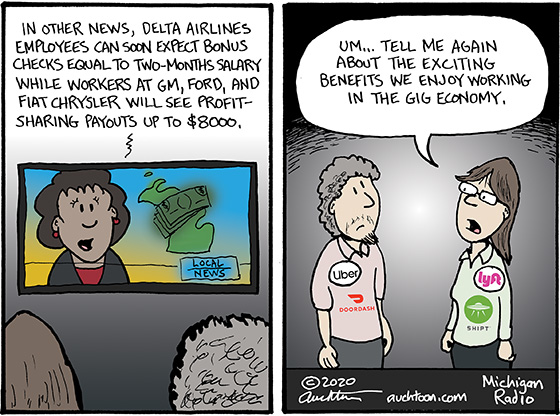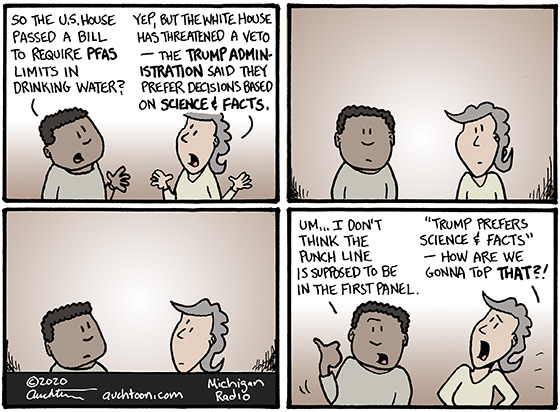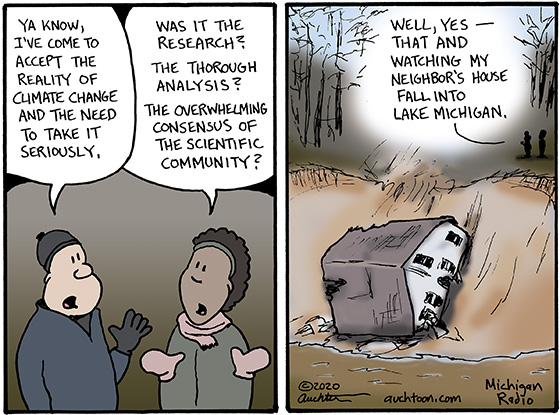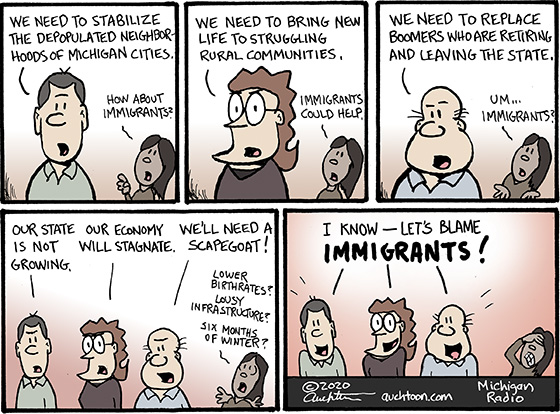More Than a Little Uncomfortable

Story #1: A couple of weeks ago, Michigan State Senator Peter Lucido made an inappropriate comment to Allison Donahue, a reporter for the Michigan Advance. Donahue confronted Lucido and then reported it. Subsequently, two more women reported experiencing inappropriate actions by Lucido.
Story #2: This past week, Secretary of State Mike Pompeo sat down for an interview with NPR’s Mary Louise Kelly. Pompeo became upset when Kelly pursued a line of questioning regarding Ukraine and his particular role with the events that have led to the President’s impeachment. After ending the interview, Pompeo had an aide invite her into his office where he berated her and tried to belittle her.
I personally see a Venn of unacceptable behavior where these two stories intersect: mistreating a professional journalist, leveraging position power to bully, obvious and open misogyny. Some would argue against this. Some would argue that this is only the start of a very long list. I didn’t draw this cartoon to get pulled into those discussions.
I drew it to say: This is not how people should treat people. This is especially not how people who represent us in our government (elected or appointed) should treat the people they work for. The very base of what Lucido and Pompeo did wrong was not treating these women as they would expect to be treated. They blatantly broke the golden rule. Guys, can we please start with the fundamentals and then go from there?





